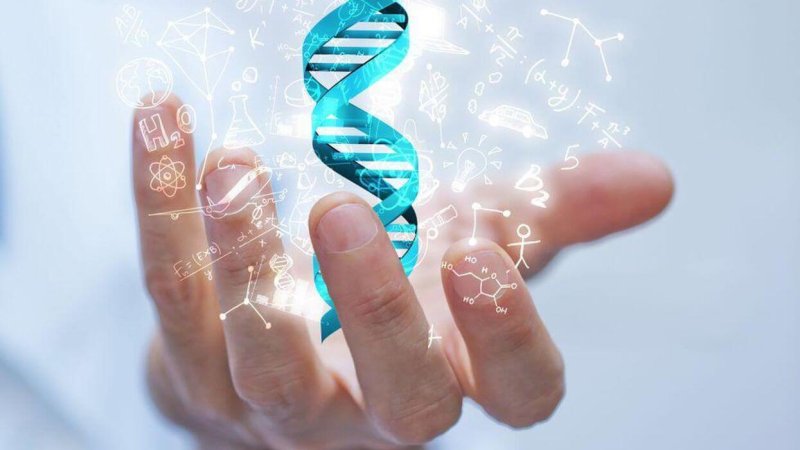CRISPR-Cas9, whose creators were awarded the 2020 Nobel Prize in chemistry a mere eight years after its discovery, allows researchers to alter the DNA of living things at will. It works like genetic scissors that can insert, repair or edit individual genes to rewrite the code of life.
The system itself consists of two molecules — a protein known as Cas9 that works like scissors and a guide RNA that takes Cas9 to the right place in the genome — that can be inserted into cells or the bloodstream.
Now, a growing number of researchers are taking on the challenge to develop CRISPR-based therapies to improve the lives of patients with rare conditions such as cystic fibrosis, Duchenne muscular dystrophy and Huntington’s disease that are caused by mutations in single genes.
“Broadly, there are more than 7,000 rare diseases impacting over 30 million Americans. Ten or 15 years ago, the technologies to effect change [in terms of treatment] were just not available,” said Rich Horgan, founder and president of Cure Rare Disease, a Boston-based nonprofit group. “But the onset of CRISPR has shown that gene editing has incredible promise, and I think we’re just scratching the surface of what CRISPR will unlock for society.”































